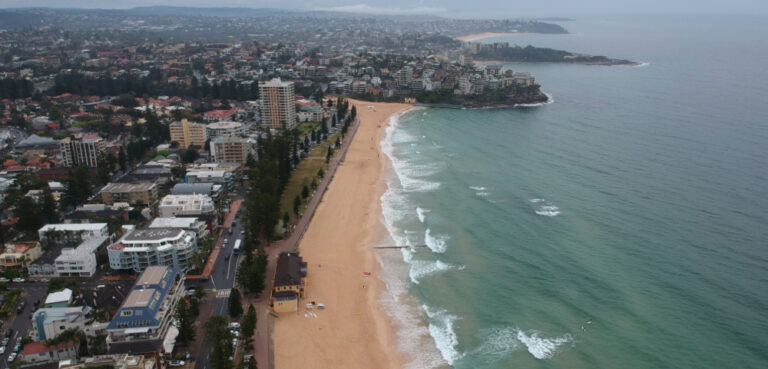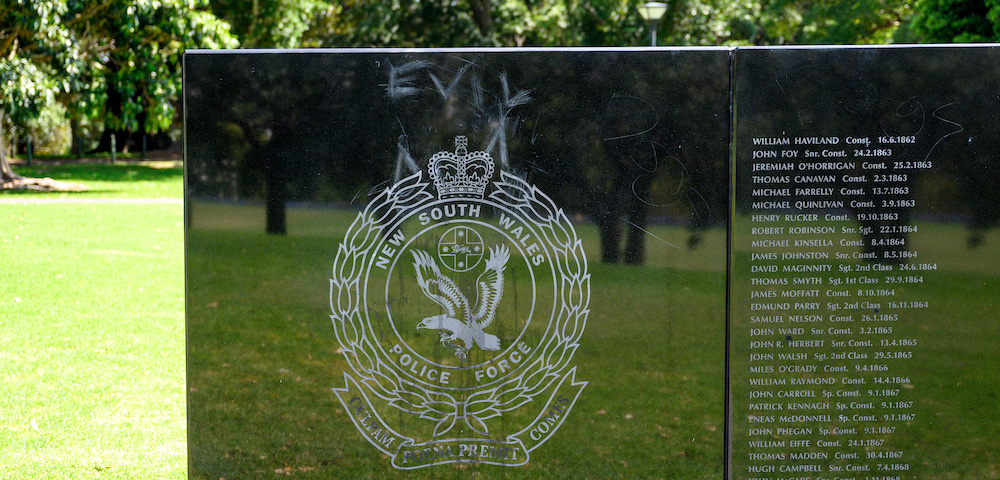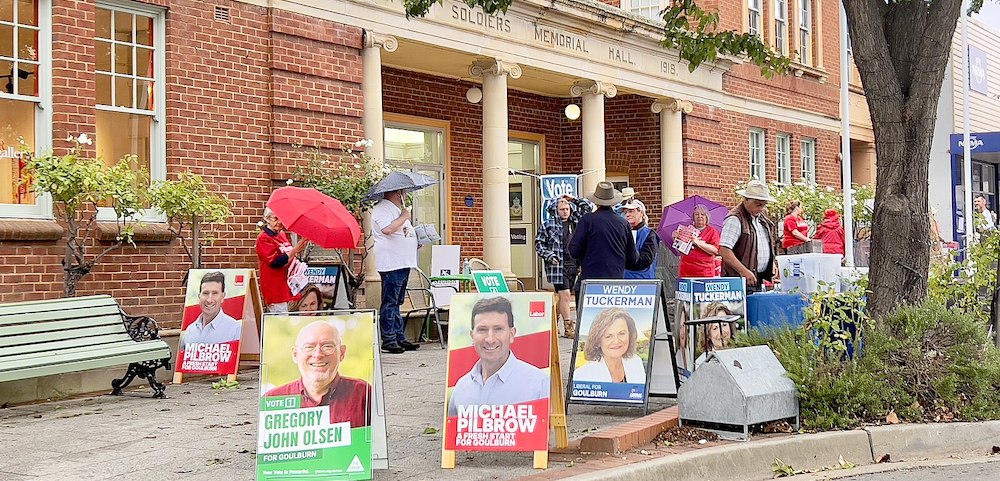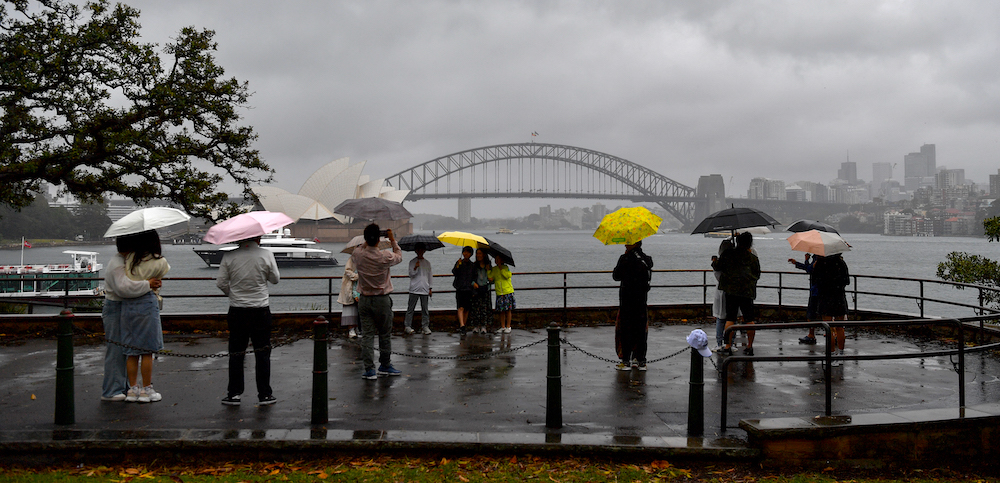
OPINION: Are democracies truly democratic?

by PETER HEHIR
In most democratic western countries, certainly in the US, UK, Australia and New Zealand, politics manifests as a duopoly.
Why is it that in spite of cultural, racial and social divisions the world over, personality takes precedence over policies? Decisions about which party to vote for is more often than not based on the perceived credibility and trustworthiness of the public face of the party.
Democracies ostensibly offer a freedom of choice. This sounds good in theory. But does our Australian duopoly really offer the opportunity to choose? Has it ever?
A democracy is defined as ‘a Government in which the supreme power is held by the people and is used by them directly or indirectly through representation’. It refers to ‘a political unit (as a nation) that has a democratic government and is based in the belief or the practice of the idea that all people are socially (and politically) equal’.
But the reality is that in the four ‘democratic’ countries mentioned above, and in a great many others, this social equality simply doesn’t exist. The reality of widespread social inequality is readily evident. The disparity between the super-rich and the working poor is ever increasing. Opportunities easily accessed by the wealthy are denied to the bulk of the population; even something as essential as education.
The ‘level playing field’ espoused by the well off is an illusion. It’s simply a justification for the retention of the status quo. The core tenet of a democracy; that the broad base of the population holds the supreme power, and that they (we) are actually able to exercise that power, is an aspiration that doesn’t exist.
The public perception is that there is little to choose from between the two major contenders. If there isn’t much to differentiate between the policies of Australia’s current duopoly; and if the wishes, hopes and aspirations of the mass of the population aren’t reflected in either of the political parties’ election platforms, obviously the needs of the public can never be addressed.
If the core principle of a democracy – that the people can use their power through representation, and if they are not truly represented, it follows that the democracy exists in name only. It’s just a thin veneer unveiled at election time, designed to create the illusion of active participation and of genuine endorsement.
Ancient Athens is reckoned to be the cradle of democracy. Around 500 BCE the ancient Greeks established an Ecclesia, an Assembly. This met on the Pnyx, a hill in central Athens. The Athenian assembly was the most important institution, and every free male citizen could take part in the discussions. It could be argued that our party system is a corruption of BCE democracy, in that it is intrinsically undemocratic. Unlike in the earliest assemblies, a party member today is bound by the dictates of the party. Individual expressions of opinion are banned under threat of expulsion.
The Westminster system was born out of the defeat of the oligarchy. The political duopoly that emerged saw a clear delineation between the wealthy and the poor. This was the reflected in their policies. Their goals were clear. Policies were defined and were presented by those politicians best able to articulate them.
Labor, Labour, and the Democrats face off against the Liberals, Neo Cons, and the Republicans. The focus today, however, is almost always on the personalities and only serves to distract from the similarity of their policies.
Nowhere is there any evidence of a political recognition, through the framing and implementation of policies, of the extent of social inequality. It’s hardly surprising that in the US the working poor are widely evident, but little is done to alleviate the poverty trap that a great many find themselves in.
The elimination of Western government agencies in the areas of health, education, prisons, employment, communication, transport; and the privatisation of these and many other government services, compounds the existing social inequality and gives the lie to our status as a true democracy.
The dismantling of the public service and the privatisation of their portfolios only serves to widen the gap between the haves and the have nots.
Making prisons profitable is an obvious absurdity. Servicing the bottom line can only be achieved by criminalising ever larger sections of society, by incarcerating greater numbers, and at the same time reducing operating costs and the programs available within the prison walls. This is a further punishment; one that precludes rehabilitation and only results in increased recidivism.
Policies that punch holes in the safety net and deprive ordinary people with the means to survive just serve to push more and more people into crime.
In a democracy, any government legislation that implements the ‘user pays’ concept and restricts access to essential services is hostile to the concept of social equality. It further alienates much of the population. Only those policies based on the concept of achieving a genuine social equality can be said to be truly democratic.
Policies that fail to be implemented once an election is won, further diminish our faith in the duopoly. The method of determining who to vote for often boils down to the public perception of the leaders. This is the absurd cult of personality. Of image and presentation over form and substance.
We live in an era where there is little to choose from between the policies of the Liberal coalition and the Labor Party. And they are the only plausible contenders. This gives the lie to our democracy and that we the people are the holders of the supreme power.
Today’s biased media ensures the Athenian voice of a single citizen remains unheard.
This article was originally published in Pearls and Irritations.









